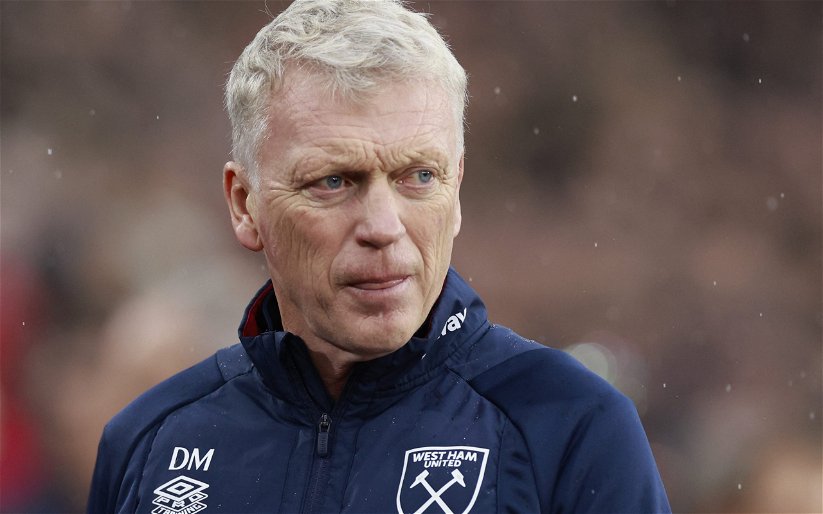 In 2008, Pep Guardiola took over as FC Barcelona manager, with the primary objective of rejuvenating Barça to become world dominators once again. Barça had succumbed to two trophy-less seasons under Frank Rijkaard between 2006-2008 and the Barcelona B team manager at the time, Guardiola, took over the club and began the restructure of the squad immediately, implementing ‘Tika-Taka’ football, now famous throughout the world. His team based around the products of the Barcelona youth academy ‘La Masia’ redefined football in the space of two years. Guardiola to date, has won 13 trophies in three and a half seasons, and the Spanish national team, based around the core of the Barcelona first XI, have won the European Championship and the World Cup and look favourites to win the Euro once again this year.
In 2008, Pep Guardiola took over as FC Barcelona manager, with the primary objective of rejuvenating Barça to become world dominators once again. Barça had succumbed to two trophy-less seasons under Frank Rijkaard between 2006-2008 and the Barcelona B team manager at the time, Guardiola, took over the club and began the restructure of the squad immediately, implementing ‘Tika-Taka’ football, now famous throughout the world. His team based around the products of the Barcelona youth academy ‘La Masia’ redefined football in the space of two years. Guardiola to date, has won 13 trophies in three and a half seasons, and the Spanish national team, based around the core of the Barcelona first XI, have won the European Championship and the World Cup and look favourites to win the Euro once again this year.
Tika Taka first came to our viewing screens over in England when Barça beat Manchester United 2-0 in the Champions League Final in Rome in 2009 and became the first Spanish side ever to win the treble. This was a culture shock for English views to watch Xavi and Iniesta, both 5ft 7, dominated throughout, not forgetting Barcelona’s protagonist, Lionel Messi. Barcelona started seven players who had come through their youth system at ‘La Masia’. Barça’s flowing, attacking football showed the world the direction that football was going and they hadn’t finished yet.
The fastest growing Hammers website is now on Facebook, click the link to be entered into our up and coming competitions http://www.facebook.com/pages/ForeverWestHamcom/200938616608282
The most noticeable difference of Tika Taka football from that which is being played in England is the lack of an attacking focal point. The forward play is based on freedom and individual expression and is epitomised by Lionel Messi, as sometimes he is playing as deep as the central midfielders, then he appears on the right, then centrally. This position is called the ‘fake number 9’ as he appears to be playing as a focal point upfront, but in fact, has the freedom to roam. For defenders it is a nightmare, as players from any position can occupy a forward role and more is the case now that defenders are more afraid of playing small, fast and creative strikers than a typical six foot plus target man. Raphael Honigstein described Tika Taka as ‘a significant upgrade of Total Football’ as Tika Taka relies on ball movement to create space which creates areas for attacking players to exploit. This was shown most recently and effectively when Spain met Scotland on October 11, 2011. David Silva scored two and David Villa the other in an blistering 3-1 win, in which Spanish showed the world further, the alarming rate in which the Spanish game is evolving.
Apply now for the dream job – Read about West Ham and YOU get PAID http://bit.ly/ffc-foreverwestham
In the year 2009, Barça won six trophies, the first team in history to achieve this. The Tika Taka domination continued in 2010, with Spain winning their first World Cup, defeating Holland in the final. Barcelona met Real Madrid for Jose Mourinho’s first El Classico. Mourinho’s men were out-passed, outplayed, manipulated by Barça’s scintillating football. With Lionel Messi the architect, Barça won 5-0. We watched over the 2010 World Cup in England with a sense of shame. Football was moving on at a faster pace than we could possibly keep up with. Spain was redefining football and Germany embarrassed us with a team based around young prospects such as Thomas Müller and Mesut Özil. We were confined to playing outdated tactics and we played with the fear of losing, which both Spain and Germany played without. English football was beginning to crumble before our very eyes.
Our cultural lesson in football has dramatically changed our footballing approach and philosophy. Though we as a footballing nation are in a stage of transition towards a more expressive and short passing game, the most recent national outings can leave us feeling positively about English football. Essentially, football is a show, which is watched by billions of people over the world and in my mind, a show, regardless of what that show might be, has to entertain and enlighten you, it has to open your heart to expressive genius and leave you in a state of awe and wonderment.
Looking for experience? Just want to be heard outside of the Boleyn? We are currently looking for writers, drop us an email at foreverwestham@snack-media.com for more details
So what does this philosophy change mean to West Ham? Under Sam Allardyce, our football is a direct style. This style is much debated, but the implications of Big Sam’s style could go far deeper than the surface of the first XI. The production of English internationals is something that West Ham is famed for. The side of ’66 included three of arguably the most influential players, including Geoff Hurst, who scored a hat-trick in the final against the West Germans. Bobby Moore, England’s captain and arguably the greatest defender of all time and Martin Peters, who was 22 at the time, also scored in the final. Only a few years ago, the whole England team could have been made up from players who had come through the West Ham academy and two academy players in John Terry and Rio Ferdinand have been playing tennis with the coveted England captain’s armband.
While reading the program for the England U19 game against the Czech Republic U19 at Leyton Orient’s Matchroom Stadium there was a sense of anticipation to see the only West Ham academy player in the squad, Rob Hall, who signed his professional contract for the Hammers in October 2010, could live up to academy produce such as Joe Cole and Jermaine Defoe, who have both represented England at youth levels. England played positively and enjoyed a large amount of possession in the first half and opened the scoring in the sixteenth minute with Tottenham striker, on loan at Millwall, Harry Kane. Rob Hall looked sharp and could have added a goal to his name in the first half, but his low shot flashed wide. In the second half, England were dominant again and Rob Hall should have scored after some good build up play, but his finish again lacked real conviction. Hall played well, he obviously has been at the “Big Sam’s School for Strikers” as the ball was often played more directly to him and he looked to hold up the ball and link other players in flowing England attacks. A worry for me is that the typical English number 9 is a dying art and whether Hall is versatile enough and creative enough to push to play one day for the full national side as the rebirth of English football continues remains to be seen.
In part two, I will go deeper into Allardyce’s recent tactical tweaks, the new EPPP (elite player performance plan) and the future of the academy.
Got a different opinion? Tweet me @TollyCoburn



i couldnt agree more with this, the tatget man IS dead :O
If I have learnt anything from football manager (and i have) then it is that having a target man does not work! great article keep it up!
AHHH CRUUUUUU!!!!!!